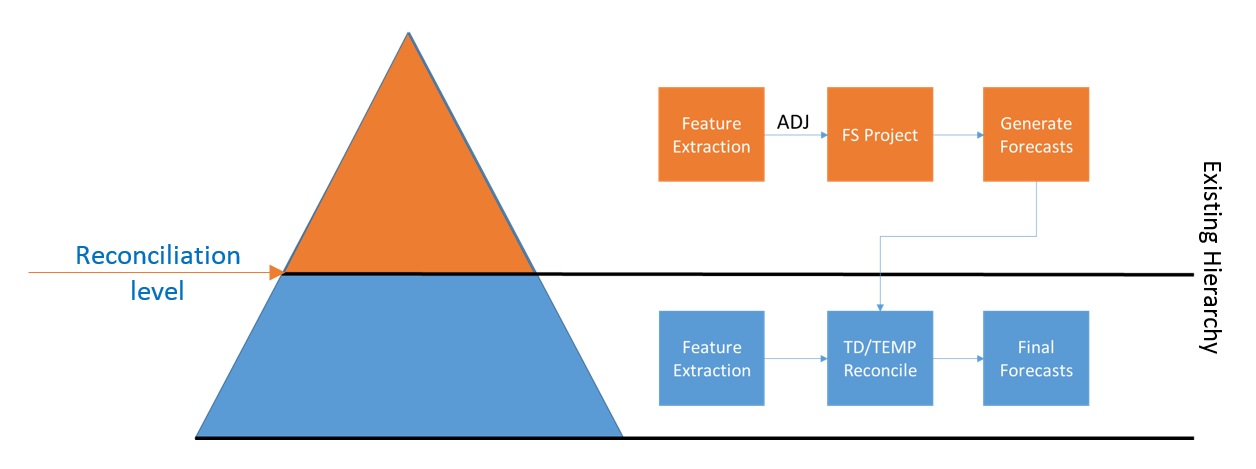Pu Wang is a Sr. Research Statistician in SAS R&D, and has contributed this post on multistage modeling in the new SAS Forecast Server web client.
Pu Wang is a Sr. Research Statistician in SAS R&D, and has contributed this post on multistage modeling in the new SAS Forecast Server web client.
Guest Blogger Pu Wang on Multistage Modeling
The rapid development of information technologies in the recent decade provides forecasters with huge amount of data, as well as massive computing capabilities. However, “sufficient” data and strong computing power do not necessarily translate into good forecasts.
Different industries and products all have their unique demand patterns. There is not a one-size-fits-all forecasting model or technique.
For example, in the consumer package goods (CPG) industry, demand at store-SKU level is usually sparse and noisy, which makes it difficult to extract price and promotional effects. For high frequency data such as hourly grocery basket transactions, it is inappropriate and inefficient to apply traditional time series models. A good forecasting model must be tailored for the data to capture the salient features and satisfy the business needs.
Hierarchical Forecasting
A hierarchy based multistage modeling strategy can be used to provide tailored forecasting models.
This strategy provides a general framework to build a forecasting system in three stages. The system determines a forecast reconciliation level, which is typically some higher level in the hierarchy.
- In the first stage, data aggregation is applied to eliminate noise and reveal hidden features. Feature extraction techniques are combined with time series models to generate forecasts for aggregated data.
- In the second stage, feature extraction techniques are applied again to pool salient features across multiple time series, and generate forecasts for each individual time series at low level.
- In the third stage, it combines the forecasts obtained from the previous two stages, and conducts a top-down reconciliation to generate the final forecast.
This multistage modeling strategy is available as a plugin in the new SAS Forecast Server Client.
In Part 2, we will walk through an example to show the philosophy of the multistage modeling strategy, and the performance of this method compared to traditional time series model in terms of forecasting accuracy.
The post Multistage modeling with SAS Forecast Server Client (Part 1) appeared first on The Business Forecasting Deal.







